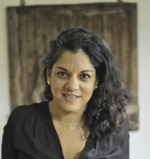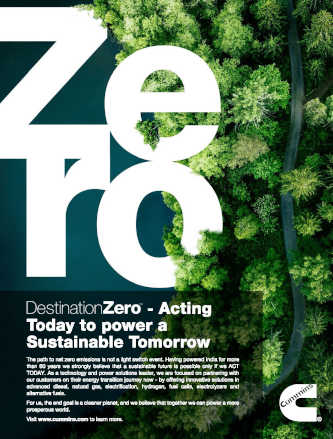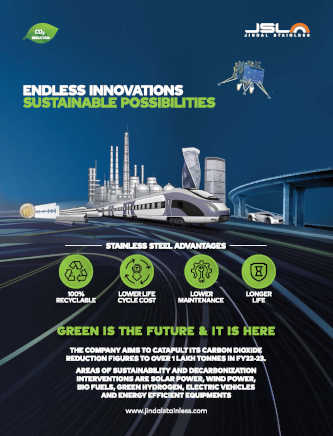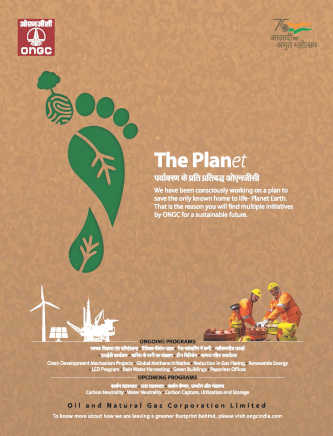
Innovation will be the driving force to combat climate change and to build a clean, equitable and diverse economy – to relook and reinvent the system – one built on abundance, not extraction. The answer to this huge global overhaul will not be about small box solutions. While specialised and adapted innovations are needed, a holistic view will be required in their application. However, the climate change ecosystem tends to have a track-based vertical system, without much overlap to look at the big picture. Bringing women to the table can bring together a currently fragmented sector that’s ready to take on the scale of the task. Studies have widely shown that women care about the collective, and lean into collaboration over the competition when solving a problematic situation. In doing so, women gain a global perspective of why and how a solution works. Friends of the Earth, the largest grassroots environmental network in the world says, “women’s empowerment and gender equality is as important to saving the world as the widespread use of solar panels or electric bikes/cars and other green technologies.” We need gender-equality to make use of every individual’s experiences, skills and competencies. Ensuring women are recognised and fully participate in the cleantech sector will have transformative effects on economic growth, social development and environmental progress. India’s first network for women working to build a green economy promotes women’s empowerment as an essential and powerful strategy for climate action. Cleantech-WIN (Women’s Innovation Network) is a member-driven group, born out of the conviction that when women are in cleantech, we all win. The network’s strength is in its members coming together. Formed by women who were persistently told there were few other women in cleantech, they set out to first show that women were already providing high-level leadership to combat climate change. And that if more women were given a comfortable working environment, more women would join the space. Something even bigger happened. By bringing together women shaping all aspects of the sector a new access centre has been co-created, which provides an opportunity to work together, is more horizontal, diverse and complete than the status quo. “Women prefer to be collaborators to create more sustainable ideas over the long term. Networks like this, strengthen this collaborative instinct that we have,” says Feli Visco, Deputy Head of Energy, Industry and IT, Regional Economic Services at the Embassy of France in Delhi. Cleantech-WIN is the first of its kind in India and connects 150 highly accomplished women innovators, entrepreneurs, investors, philanthropists, policymakers, government officials, researchers, journalists and ecosystem builders across India. It is an industry association to promote women’s participation, growth, leadership, and success and brings together their collective strength and resources to create an enabling environment for women to work and innovate for a sustainable planet. For its members, it serves as a platform for women from across roles in energy, water, agriculture, waste management, efficiency, mobility, logistics, policy and finance to access the best people, resources, capital and opportunities to build successful cleantech businesses and careers. Members connect on and offline, with local networking events, WhatsApp groups, LinkedIn and soon-to-launch webinars to help them connect across geographies. Many members have over 10 years of relevant experience, in top organisations like Asha Impact, ANDE, UNIDO and CEEW, and are running some of the most innovative companies combating climate change, like Saahas Zero Waste, a waste management company. And yet it takes only a quick review of investor teams, national delegations, conference speakers, mentoring committees, leadership start-up teams, organisational boards or grassroots networks to see women are still under-represented in the cleantech sector. Ruchi Sankrit, a consultant in the cleantech sector says, “I got a chance to review the team members among impact investors and see that women are so few in numbers in these organisations. There are hardly any women decision-makers. Not only do more women need to be in the sector but the technologies also need to be designed or re-designed to address women’s issues.” If Cleantech-WIN was able to identify and connect women with a simple strategy of intent, by paying attention to who was leading the charge, why are these women not always top of mind and visibly part of the decision-making process.
























